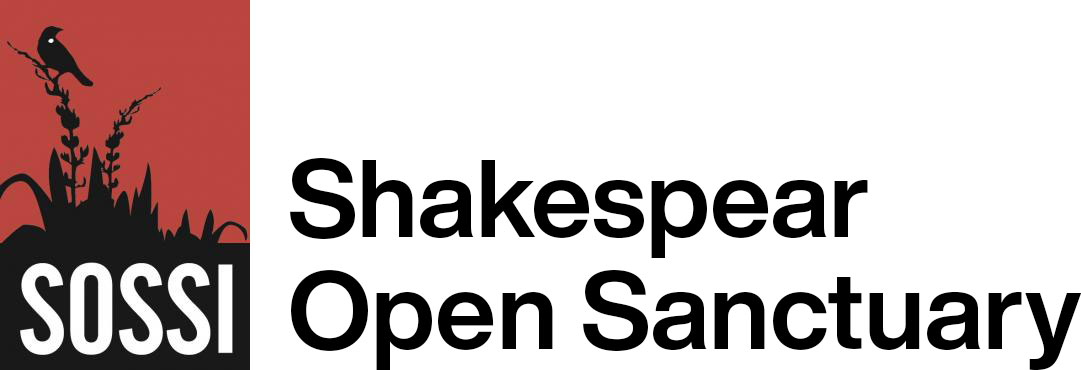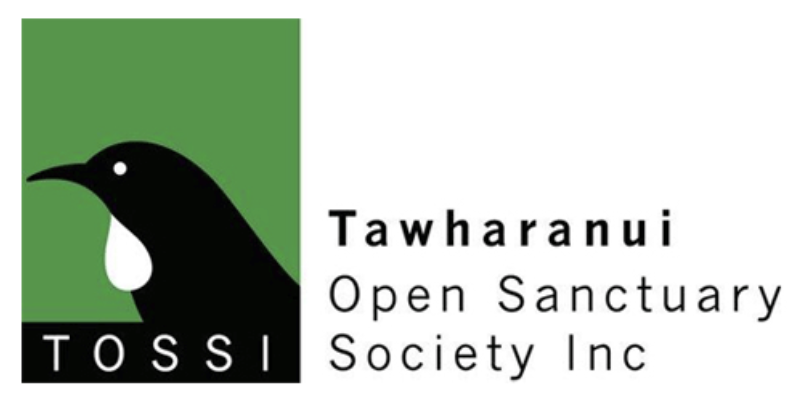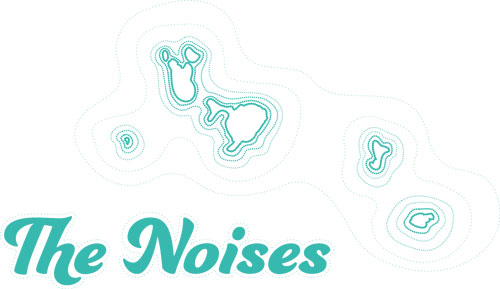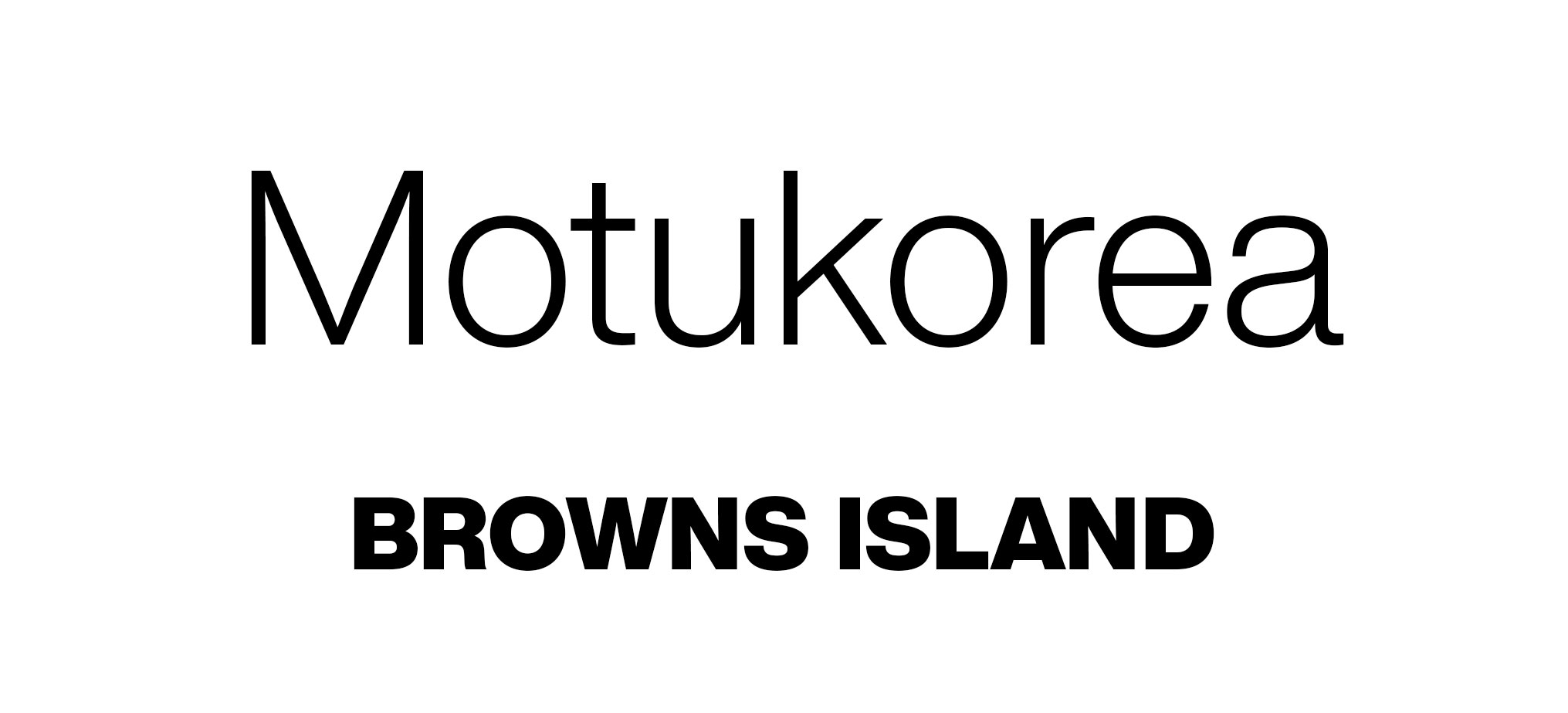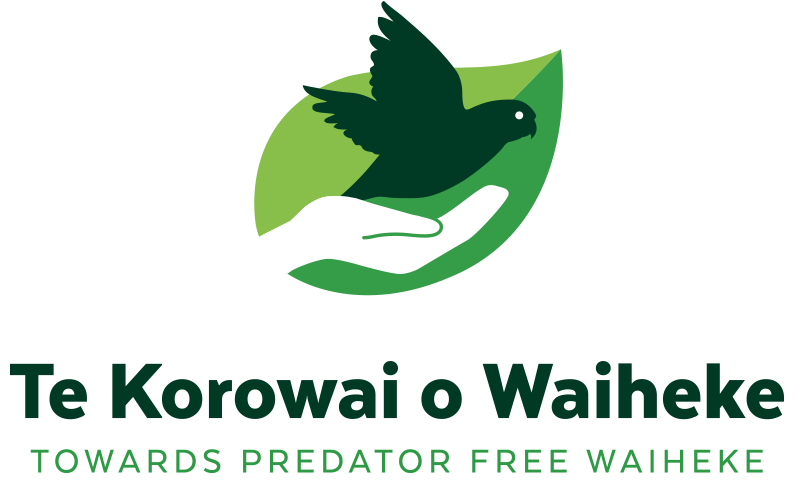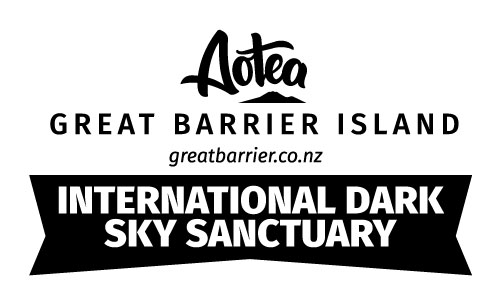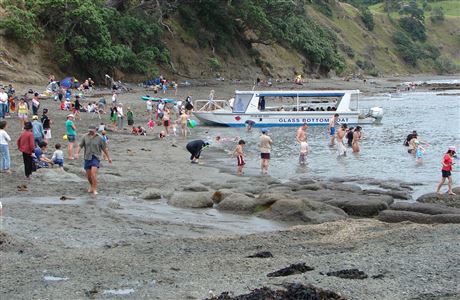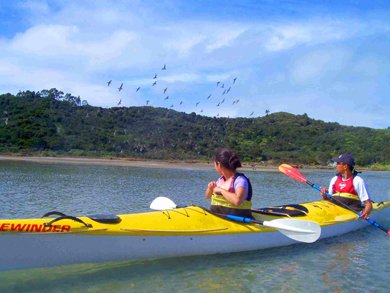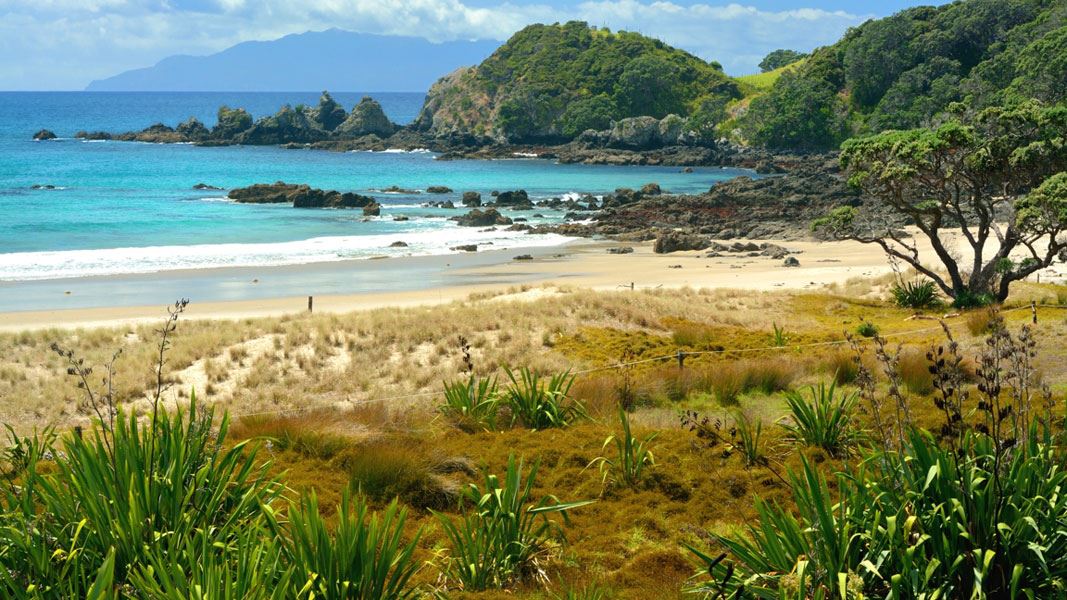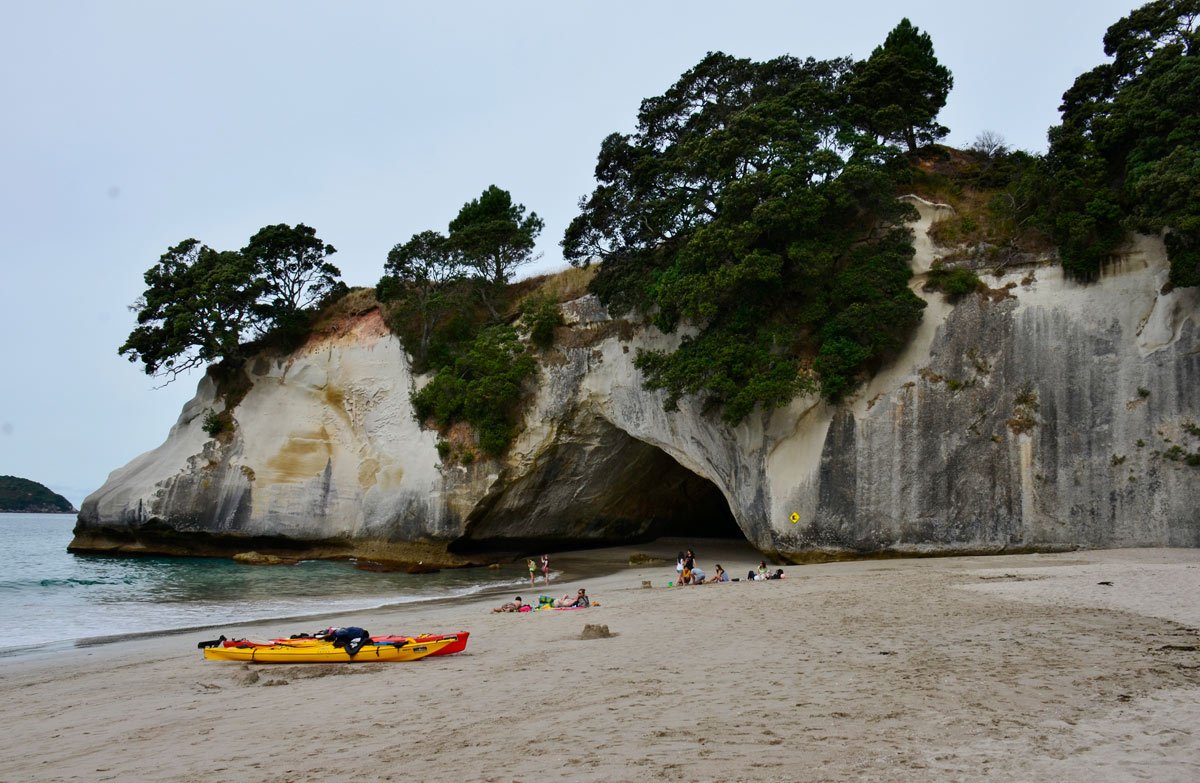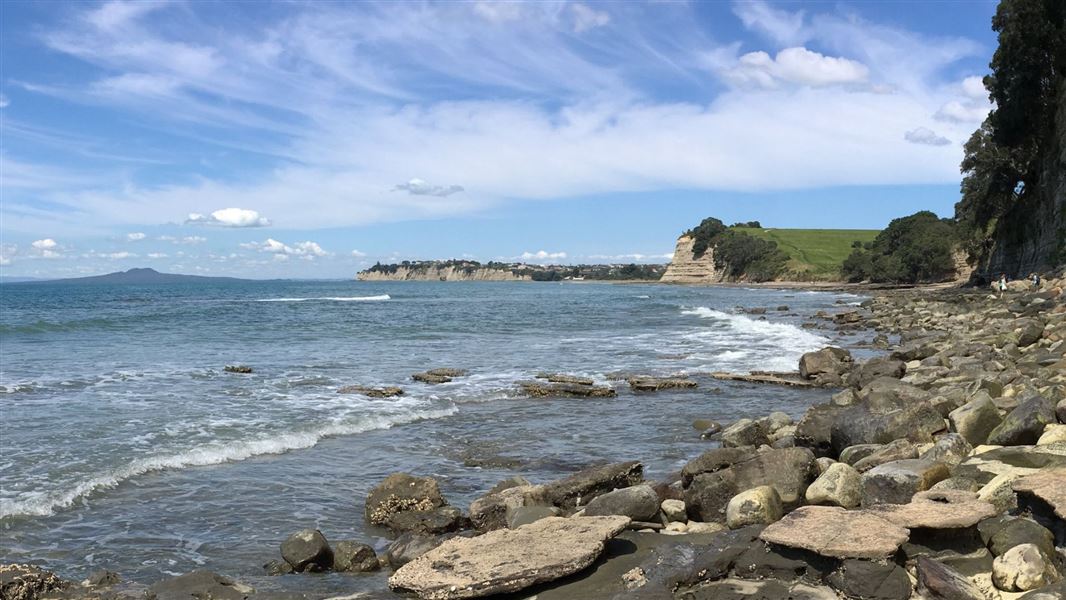New Zealand’s first Marine Park is a national taonga. Known by three names – the Hauraki Gulf, Tīkapa Moana, and Te Moananui-ā-Toi – the Marine Park is a place of deep historic, cultural and spiritual significance for tangata whenua.
The Marine Park is also economically important, with intensive development. Its shores contain Aotearoa’s largest metropolitan area and extensive tracts of productive farmland. It’s a place people come to gather kaimoana, to work and to play. It is a source of jobs and income for our communities through fishing, aquaculture, tourism, shipping and transport.
It is also a huge area. The Marine Park is 20 times bigger than Lake Taupō! It covers the east coast of the Coromandel Peninsula; extends north of the Mokohīnau Islands / Pokohinu; includes the east coast of Auckland, the Waitematā Harbour and Firth of Thames. Its catchment extends almost as far south as Rotorua.
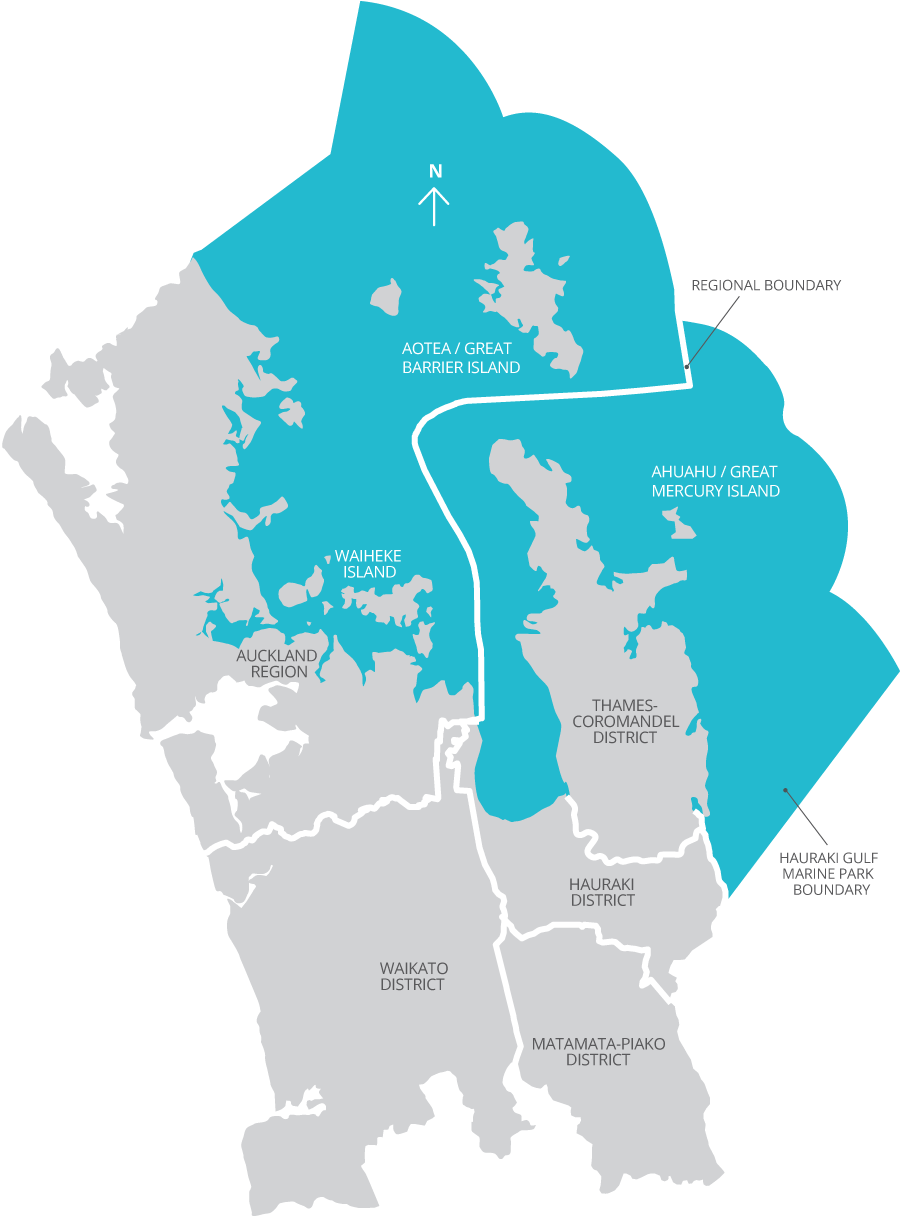
There’s always a lot happening in and on the water. It is home to common dolphins, bottlenose dolphins, orca, and most of the endangered Bryde’s Whales / Tohorā population. 24 species of seabirds breed in the Marine Park: gulls, terns, gannets, penguins and shags, as well as the less familiar shearwaters, petrels and prions. Black petrels / Tāiko breed only on Great Barrier /Aotea and Little Barrier / Te Hauturu-ō-Toi. There are nature sanctuaries on the mainland and islands.


